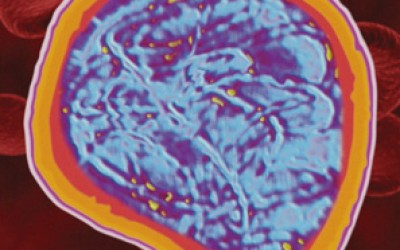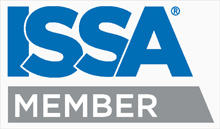Infection Control: Bloodborne Pathogens
|0 Comment
A bloodborne pathogen refers to a germ that is spread through contact with contaminated blood and other body fluids and that causes disease in humans. The most common bloodborne pathogens are HIV, Hepatitis B (HBV) and Hepatitis C (HCV). Bloodborne pathogen infections are of the great






